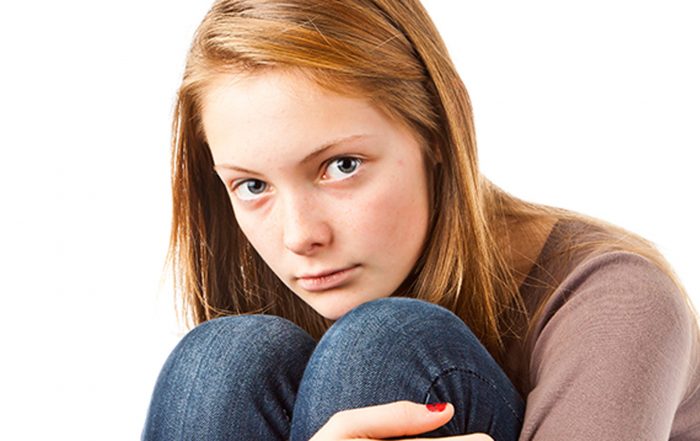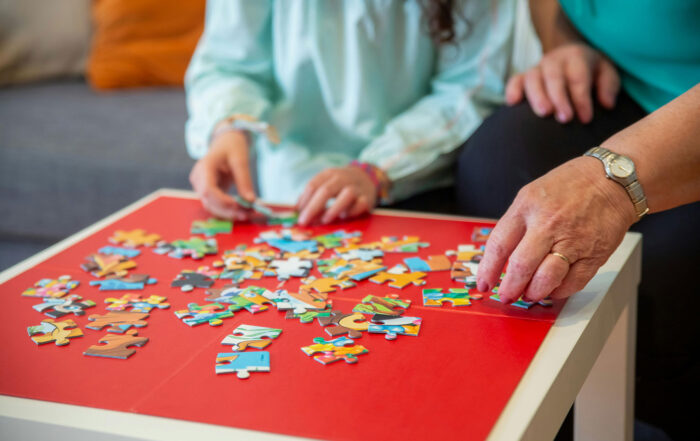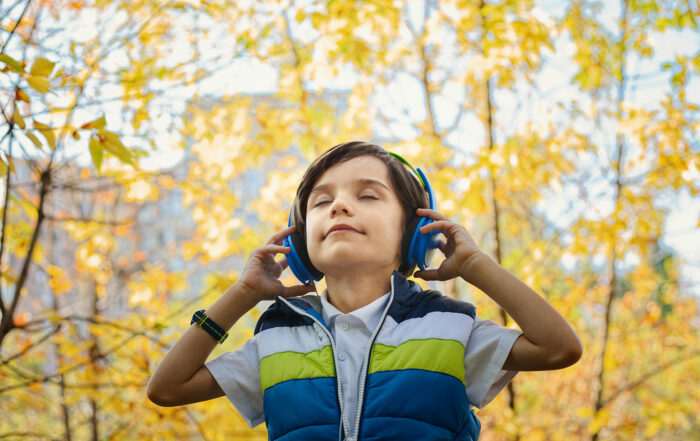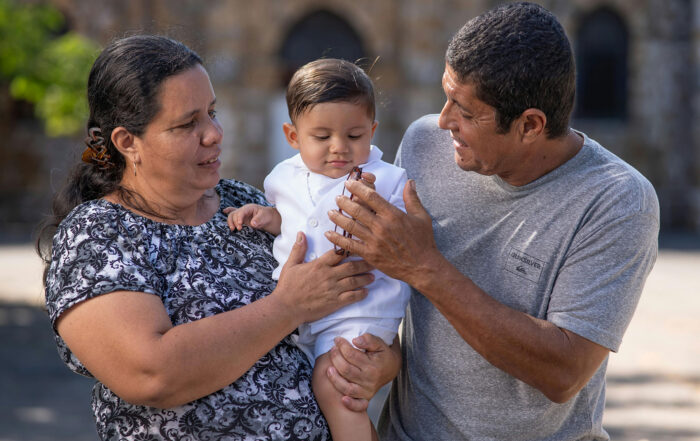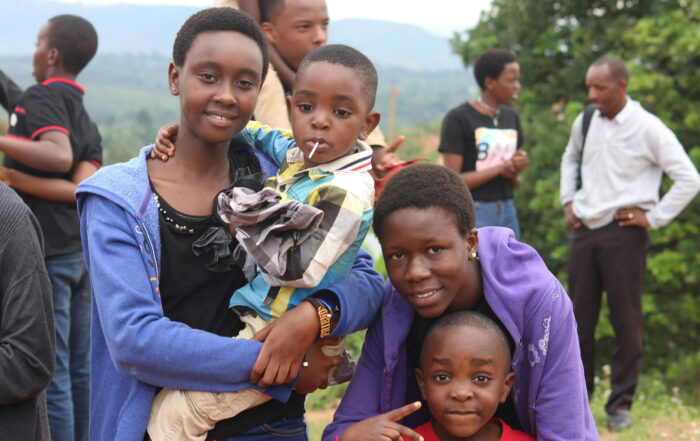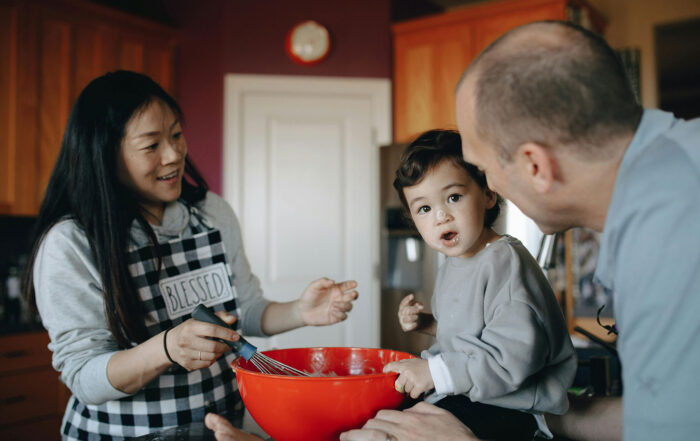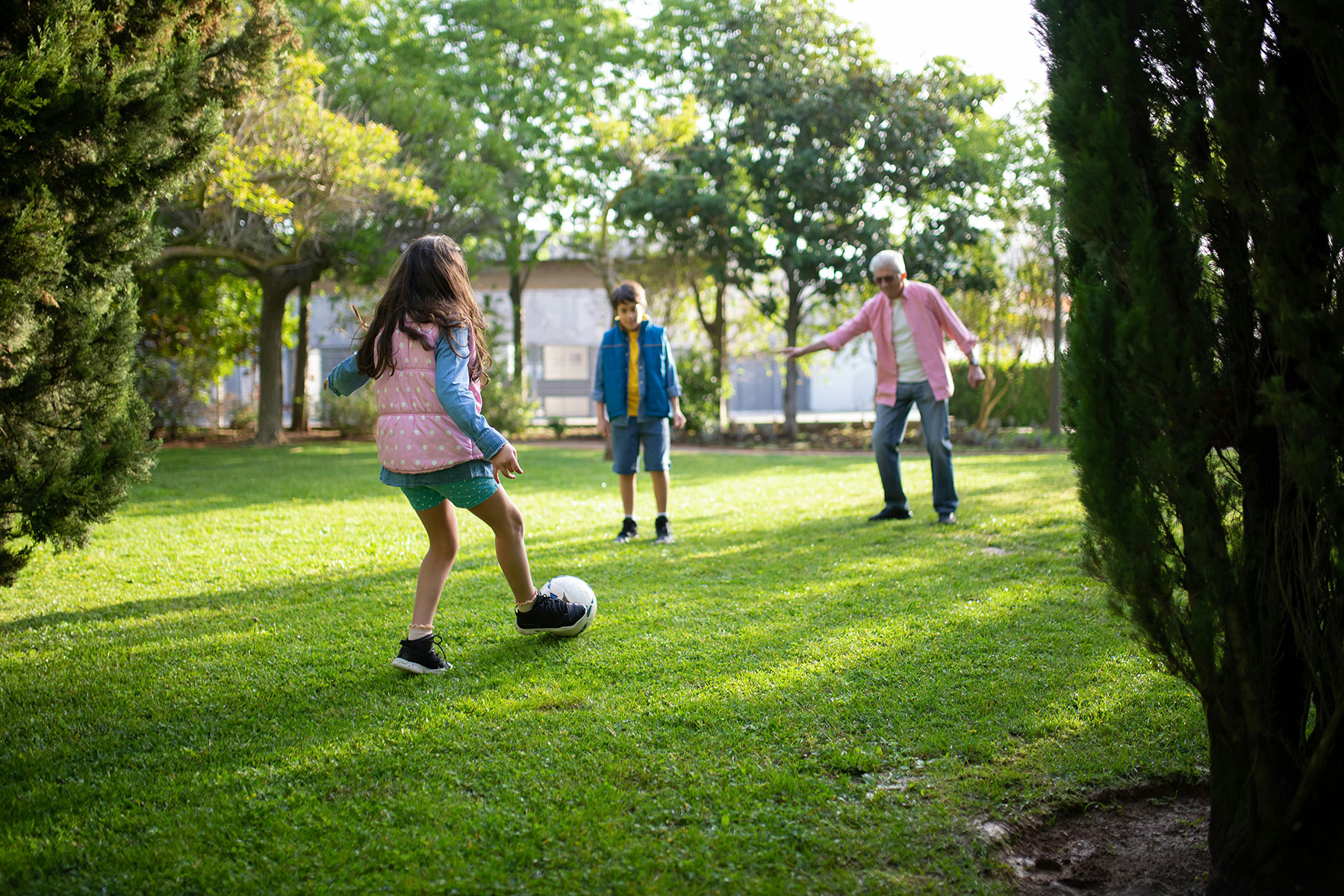
By Gaby Galvin
PEOPLE WHO EXPERIENCED trauma as children are more likely to suffer severe health consequences later in life, a new federal analysis shows.
Adverse childhood experiences, or ACEs, refer to potentially traumatic events experienced or witnessed during childhood, like violence, substance misuse and mental health problems in the home. Though public health experts say these events are an important upstream cause of major health and social struggles later in life, it’s been unclear just how substantially they impede American health overall.
In the first analysis of its kind, researchers from the Centers for Disease Control and Prevention estimated the link between self-reported ACEs and 14 negative health conditions and socioeconomic factors, using 2015-2017 survey data for more than 144,000 adults from 25 states.
They found that 60.9% of adults reported at least one adverse childhood experience, while 15.6% reported four or more types. Such experiences were “significantly associated with poorer health outcomes, health risk behaviors, and socioeconomic challenges,” the study says, including depression, heavy drinking, smoking, lower educational attainment and unemployment.
Share This Post!
How Trauma Affects Kids in School
By Caroline Miller We tend to think of trauma as the result of a frightening and upsetting event. But many children experience trauma through ongoing exposure, throughout their early development, to [...]
10 Things About Childhood Trauma Every Teacher Needs to Know
By Starr Commonwealth With grief, sadness is obvious. With trauma, the symptoms can go largely unrecognized because it shows up looking like other problems: frustration; acting out; difficulty concentrating, following directions, or [...]
Music Therapy Addresses Trauma – Careers That Change Lives
By Barbra Weidlein Trauma settings Music therapists have been called upon to support the recovery of individuals and communities following horrific events as well as natural disasters. Settings have included New [...]
Healing from Childhood Trauma
By: E.B. Johnson When you experience childhood trauma, your life and your soul are altered forever. Those who suffer loss, abuse or neglect early-on in life can often suffer from serious psychological and [...]
The Effects of Childhood Trauma
By Amy Morin, LCSW Although adults often say things like, “He was so young when that happened. He won’t even remember it as an adult,” childhood trauma can have a lifelong [...]
Oprah Reports on Childhood Trauma with Dr. Bruce Perry
By Amanda Merck Oprah Winfrey is raising awareness about childhood trauma and the need for trauma-informed care. Childhood trauma—like abuse, neglect, and poverty—changes a child’s brain, body and behavior. Behavior is often [...]


